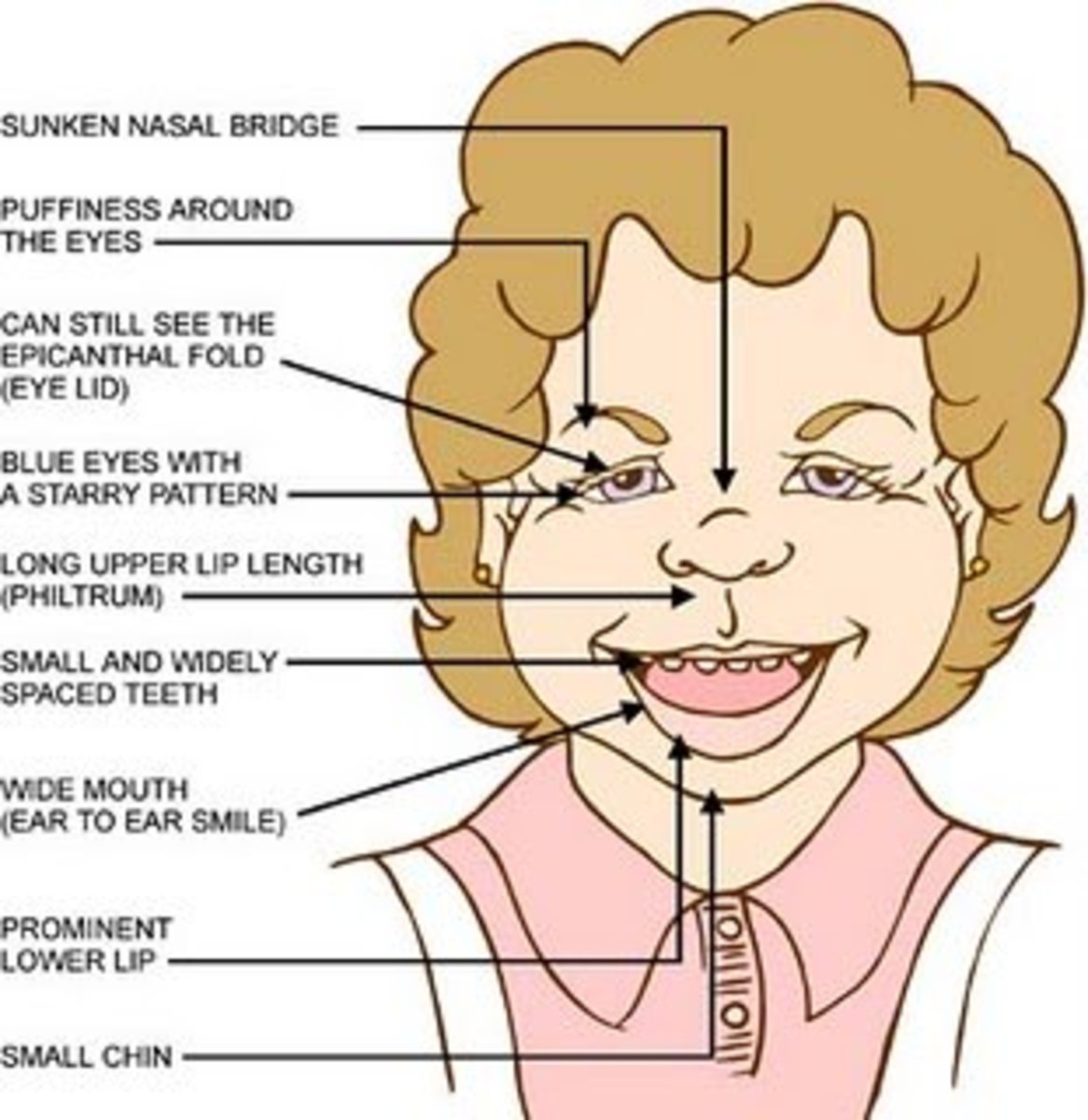Bullies: Born or Created?

The school yard bully is not a new phenomenon and cyber bullies have become an epidemic, but what makes a bully?
Lack of Empathy
Behavior is influenced by genetics, home environment, mental health, and personal experiences. But when it comes to bullies, many researchers agree the common factor is a severe deficit in empathy and compassion.
Empathy is the ability to understand and recognize the feelings of others. A stray dog, a homeless woman in dirty rags, or a friend that lost his job evokes a feeling of sadness in your heart. Without empathy, you cannot feel compassion. You take home the stray dog, or give the woman your old clothes, or help your friend find a job—this is compassion.
Most children show early signs of empathy in their behavior. By the age of two years old, they may comfort another toddler crying, or offer their favorite toy to a distressed individual. However, some children don’t show these traits as readily, and may have to be taught to feel and understand empathy.
Parents typically teach their children fairness, equality, and consideration. When a child hurts another, either by words or physically, a time-out or a restriction of privileges seems appropriate. A common response is “go in your room and think about what you did wrong.” But without an identification and guidance of those feelings, empathy may not be understood.
A more effective strategy is to help your child identify the negative feelings they have caused in the other child. How do you feel when someone hits you? Or, how do you feel when someone says mean things to you? As the child identifies sad, hurt, angry, express to your child; that’s how he/she is feeling right now. By labeling feelings, the child is enlightened with the very definition of empathy.
Showing your empathy to your children is a powerful teaching tool. Being patient with small children is easier said than done, but if you remain calm when they act out and respond to their behavior in a constructive manner, you can teach them how to handle difficult situations in a healthy manner.
Characteristics Common to Bullies
Research suggests bullies have several common circumstances:
· Parents practice physical means of discipline
· Parents may reject and be hostile towards the child
· Inconsistent parenting : over bearing mixed with permissive parenting
· Poor problem-solving skills
· Parents teach their children to solve stressful situations with violence or anger
· Bullies need to dominate others in order to feel secure.
Psychopath: Born This Way
Although no diagnostic criteria exist to define a child as a psychopath, there is a rare incidence of children born without a conscience. Psychiatrics and scientists debate whether a psychopath can be taught to develop a conscience or if it is a brain disorder that cannot be reversed. Known as the callous-unemotional personality, almost all of these children become psychopaths. They engage in pervasive bullying, fire setting, and are a danger to the community.
These children exhibit a lack of empathy as well as a lack of anxiety. When you do something wrong, you typically feel guilt and shame due to your conscience. Children with callous-unemotional personality do not experience any anxiety about the consequences of their actions.
The mystery of the mind still remains in modern times. The debate continues on nature vs. nurture and will for years to come. What insights we do gain can help us understand and shape the future of our world.








